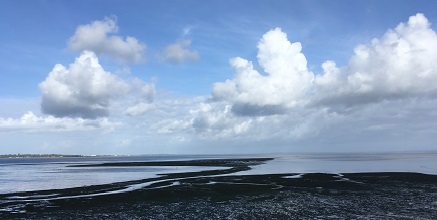Shellfish growers from the Willapa-Grays Harbor Oyster Growers Association requested a permit from the state to spray imidacloprid on oyster and clam beds to control native burrowing shrimp. Ecology tentatively denied the request in April pending the evaluation and response to public comments.
Recent public comments identified more than a dozen new journal articles that directly relate to the negative environmental impacts of neonicotinoids. In addition, comments highlighted recent policy decisions made by Health Canada and the European Union.
Health Canada Pesticide Management Regulatory Agency is proposing to phase out all agricultural and most other outdoor uses of imidacloprid over the next three to five years due to its harm to the environment and aquatic life.
In April, the European Union voted to ban three neonicotinoids, including imidacloprid, due to similar issues.
Ecology conservatively estimates for every one acre of tideland that is chemically treated, imidacloprid spreads out and impacts five acres. Even at low concentrations, it continues to persist for months and can significantly impact the environment.
Ecology noted the following environmental impacts as key reasons for denying the permit:
- Significant, unavoidable impacts to sediment quality and benthic invertebrates.
- Negative impacts to juvenile worms and crustaceans in areas treated with imidacloprid and nearby areas covered by incoming tides, including high mortality for Dungeness crabs.
- Negative impacts to fish and birds caused by killing sources of food and disrupting the food web.
- Concern about non-lethal impacts to invertebrates in the water column and sediment.
- A risk of impacts from imidacloprid even at low concentrations.
- Increased uncertainty about long-term, non-lethal, and cumulative impacts.


